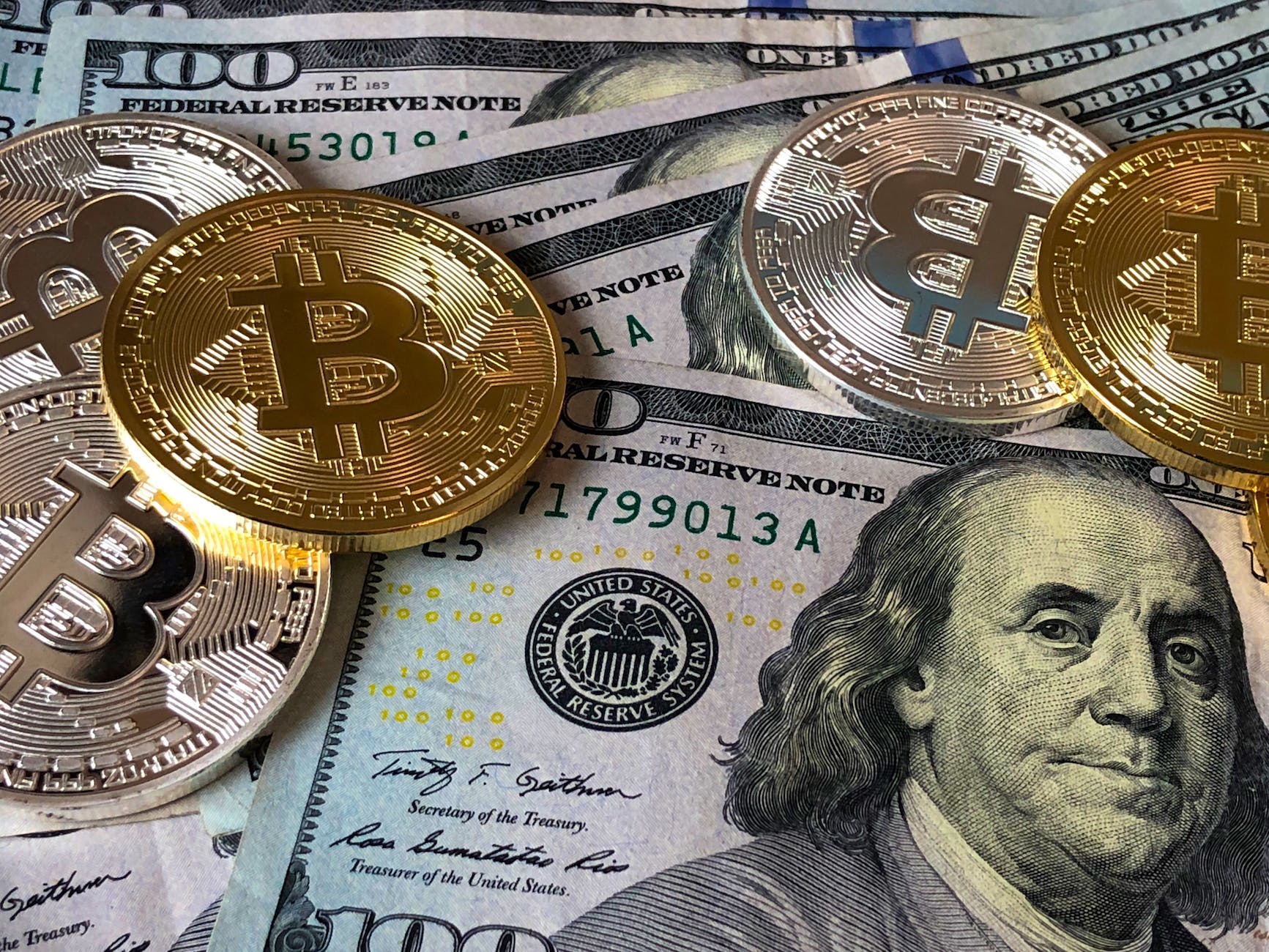South Korean Politicians Must Report Their Bitcoin Holdings Under New Law
By alexandreFinance
South Korean Politicians Must Report Their Bitcoin Holdings Under New Law
In South Korea, politicians are now required to report their cryptocurrency holdings under a new law that aims to increase transparency within the country’s political system. The law will go into effect in March 2022 and will apply to all elected officials and public servants.
The move comes as part of the South Korean government’s efforts to regulate the cryptocurrency industry, which has seen a surge in popularity in recent years. The government has been working to address concerns about fraud and other illegal activities associated with cryptocurrencies, including fears that they could be used to fund terrorism or facilitate money laundering.
Details of the Law
The law requires politicians to report all their cryptocurrency assets and holdings, including their Bitcoin and Ethereum accounts, as well as any other digital currencies they may own. They must disclose the name of the exchange where they hold their assets and the value of these assets at the time the report is submitted.
Politicians who fail to disclose their cryptocurrency holdings may face penalties, including fines and disciplinary action. According to the new law, those who knowingly provide false information or do not disclose their cryptocurrency holdings could be subject to up to three years in prison or a fine of up to 30 million won ($27,000).
The legislation does not ban politicians from owning cryptocurrencies but seeks to increase transparency and accountability within the political system. South Korea is not the first country to introduce such laws. In the US, politicians are required to report their cryptocurrency holdings in annual disclosure reports.
Reaction to the Law
The new law has been met with mixed reactions in South Korea. Some have welcomed the move, saying it will help to increase transparency and prevent corruption in politics. Others have criticized the law, arguing that it is an invasion of privacy and that it will not effectively address the issue of corruption.
Some lawmakers have also raised concerns about the practicalities of implementing the law and how it will be enforced. There are worries that politicians could still hide their crypto assets by using anonymous wallets or exchanges based overseas.
The Future of Cryptocurrency in South Korea
The introduction of this law is just one of many regulatory changes that South Korea has made to the cryptocurrency industry recently. In March, the country introduced a new law that required all cryptocurrency exchanges to register with the Financial Intelligence Unit (FIU) and comply with strict anti-money laundering regulations.
The South Korean government has also been considering introducing its own central bank digital currency (CBDC), which would be backed by the country’s central bank, the Bank of Korea. The CBDC would be used as a means of payment and could help to reduce the country’s reliance on cash.
The new law requiring South Korean politicians to report their cryptocurrency holdings is a significant step towards increasing transparency and accountability in the country’s political system. While there have been concerns about how the law will be implemented and enforced, it is clear that the South Korean government is committed to regulating the cryptocurrency industry and addressing concerns about fraud and other illegal activities.
It remains to be seen whether other countries will follow South Korea’s lead in introducing similar laws requiring politicians to disclose their cryptocurrency holdings. However, as cryptocurrencies continue to gain popularity and mainstream acceptance, it is likely that we will see increased regulatory scrutiny in this area in the years to come.





